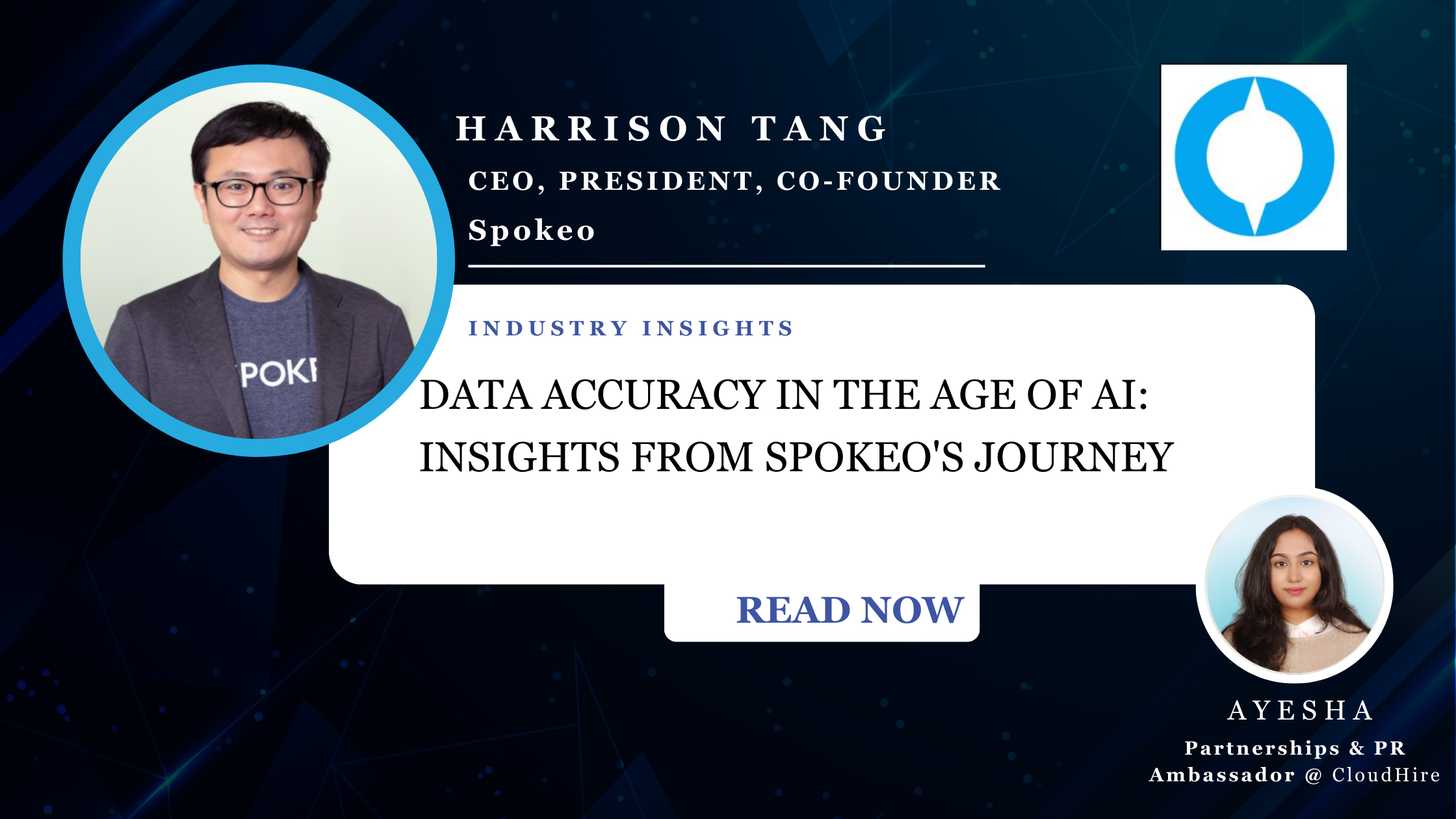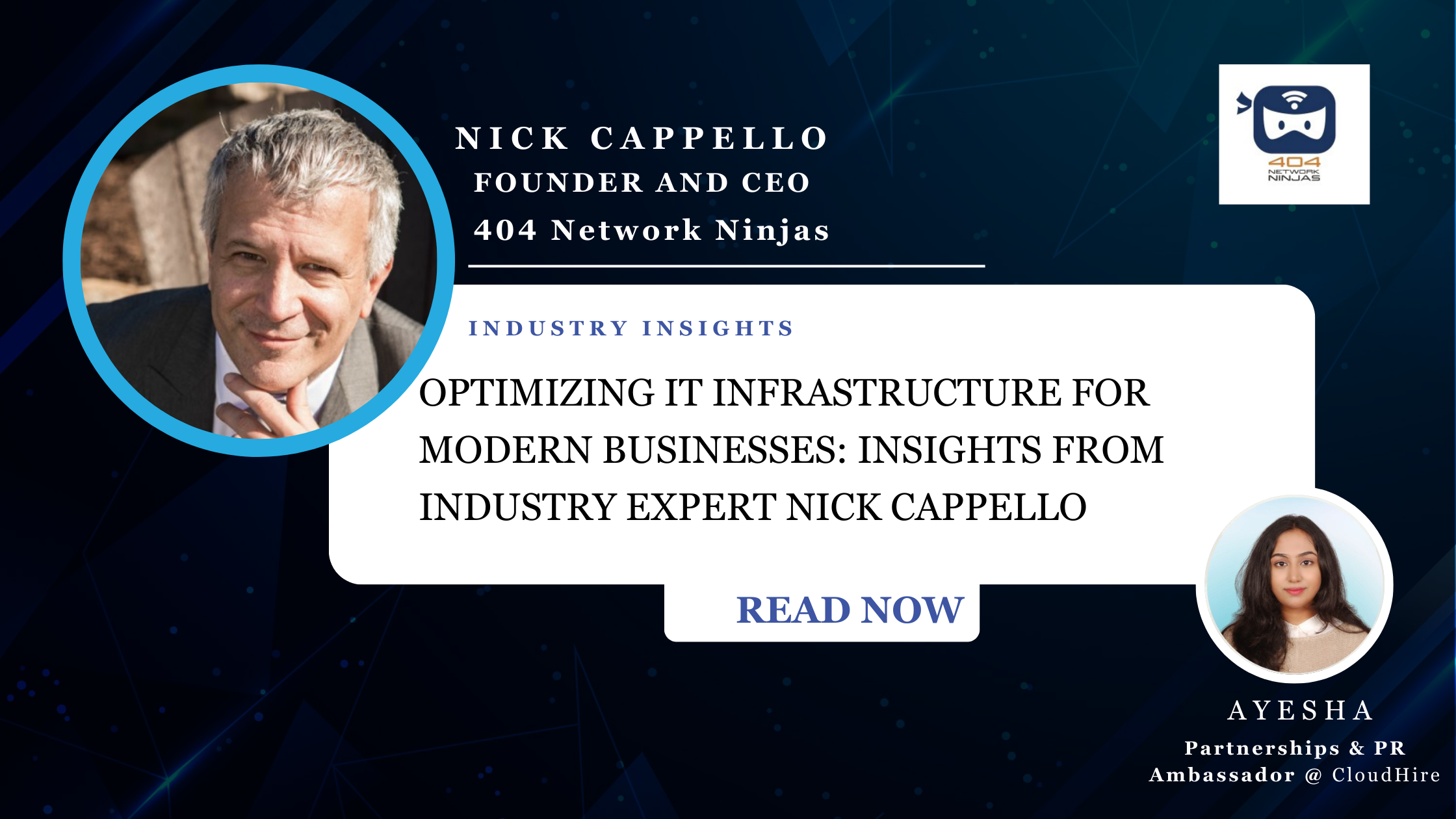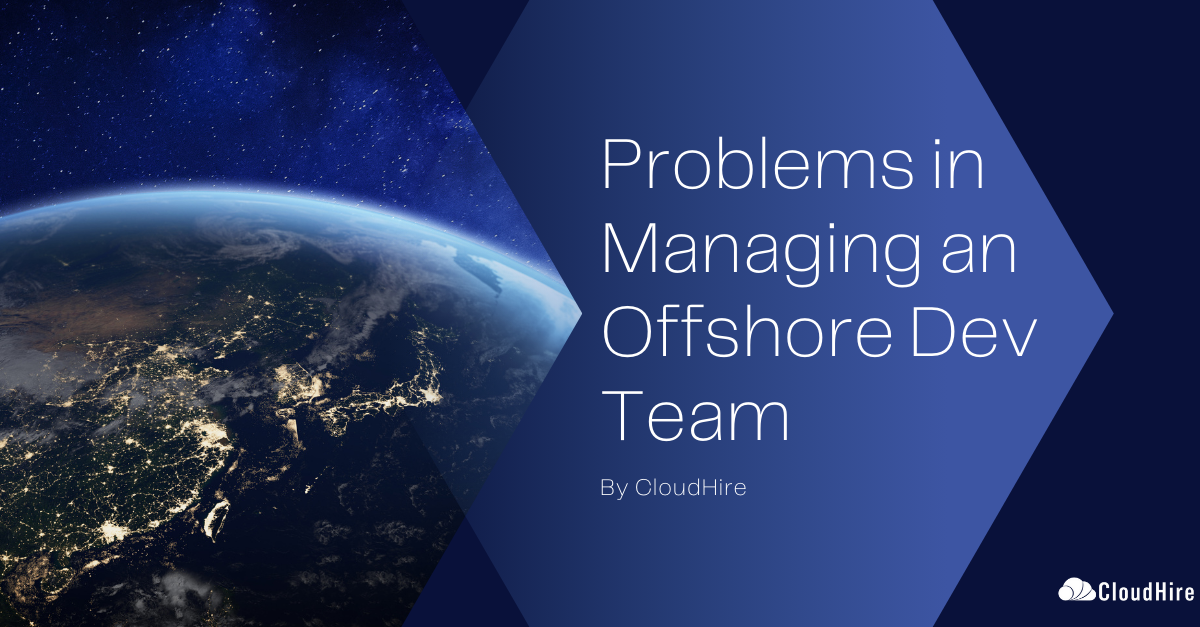In today’s data-driven world, the accuracy and reliability of information have become paramount for businesses across all sectors. As companies increasingly rely on vast amounts of data to make critical decisions, the challenge of ensuring data accuracy has never been more pressing. This article delves into the complexities of maintaining data accuracy, drawing insights from industry leaders like Spokeo, a pioneer in people search and identity verification.
The Growing Importance of Data Accuracy
In an era where artificial intelligence and machine learning are becoming ubiquitous, the quality of data directly impacts the effectiveness of these technologies. Inaccurate or unreliable data can lead to flawed algorithms, poor decision-making, and potentially harmful outcomes. This is particularly crucial in fields such as identity verification, fraud prevention, and risk assessment.
Spokeo, under the leadership of CEO Harrison Tang, has been at the forefront of tackling these challenges. With over a decade of experience in aggregating and verifying personal data, Spokeo has developed robust methodologies to ensure data accuracy across billions of records.
The Three Pillars of Data Quality
According to insights from Spokeo’s approach, data quality can be broken down into three key dimensions:
- Comprehensiveness: This includes both the breadth (coverage) and depth (number of attributes or features) of the data.
- Freshness: How up-to-date the information is.
- Accuracy: The correctness of the data, which is often the most challenging aspect to verify.
While many companies focus on comprehensiveness and freshness, true data quality hinges on accuracy. This is where the real challenge lies, as verifying the accuracy of claims made about individuals requires sophisticated techniques and multiple trusted sources.
Challenges in Ensuring Data Accuracy
1. Scale and Complexity
One of the primary challenges in maintaining data accuracy is the sheer scale of information. Spokeo, for instance, deals with over 12 billion records and 250 million unique profiles. At this scale, traditional methods of data verification become impractical and inefficient.
2. Conflicting Information
When aggregating data from multiple sources, conflicts often arise. For example, a person’s date of birth might differ across various records. Resolving these conflicts requires advanced algorithms and careful consideration of the reliability of each source.
3. Privacy and Regulatory Compliance
As data privacy regulations become more stringent, companies must balance the need for comprehensive data with respect for individual privacy rights. This is particularly challenging when dealing with sensitive personal information.
4. Rapid Data Decay
Information can become outdated quickly, especially in today’s fast-paced world. Maintaining the freshness of data while ensuring its accuracy is a constant challenge.
5. Algorithmic Bias
As companies increasingly rely on AI and machine learning for data processing, there’s a risk of perpetuating or amplifying biases present in the training data. Ensuring fairness and neutrality in data accuracy efforts is crucial.
Strategies for Overcoming Data Accuracy Challenges
1. Entity Resolution Technology
Spokeo has invested heavily in developing proprietary entity resolution technology. This involves creating digital identifiers through graph models to link records across different sources, even when there are no natural primary key relationships.
For companies looking to improve their data accuracy, investing in similar technologies or partnering with providers who specialize in entity resolution can significantly enhance data quality.
2. Multi-Source Corroboration
Verifying information across multiple trusted sources is key to improving accuracy. This approach helps in identifying and resolving conflicts, as well as filling in data gaps.
3. Continuous Data Profiling
Implementing robust data profiling tools that can handle large-scale datasets is crucial. These tools help in identifying anomalies, inconsistencies, and potential data quality issues.
4. Advanced QA and Sanity Checks
Developing comprehensive quality assurance processes, including automated checks for data coherence and cross-column dependencies, is essential. For instance, ensuring that age and birth year are consistent across records.
5. Leveraging AI for Data Verification
While AI poses challenges in terms of potential biases, it also offers solutions. Machine learning models can be trained to detect anomalies and inconsistencies at a scale impossible for human reviewers.
6. Implementing a Confidence Scoring System
Assigning confidence scores to different data sources and individual data points can help in resolving conflicts and prioritizing high-quality information.
7. Regulatory Compliance and Data Governance
Establishing strong data governance practices and ensuring compliance with relevant regulations is crucial. This not only protects against legal risks but also builds trust with customers and partners.
The Role of AI in Enhancing Data Accuracy
Artificial Intelligence is playing an increasingly important role in data accuracy efforts. Spokeo, for instance, is exploring the use of large language models (LLMs) to streamline their quality assurance processes. Some potential applications include:
- Automated Data Validation: LLMs can be trained to identify inconsistencies and anomalies in large datasets more efficiently than traditional rule-based systems.
- Natural Language Processing for Unstructured Data: AI can help in extracting and verifying information from unstructured text sources, expanding the pool of available data.
- Predictive Analytics for Data Decay: Machine learning models can predict when certain types of data are likely to become outdated, allowing for proactive updates.
- Intelligent Entity Resolution: AI can enhance entity resolution processes by learning from patterns and improving matching algorithms over time.
- Bias Detection and Mitigation: Advanced AI models can be used to identify and mitigate biases in data collection and processing.
The Future of Data Accuracy
As we move towards an increasingly data-driven future, ensuring the accuracy and reliability of information will only become more critical. Companies that invest in robust data accuracy processes will have a significant competitive advantage.
Spokeo’s vision of achieving a self-sovereign identity, where individuals have control over their digital identities, represents an interesting direction for the future of data accuracy. This approach could potentially revolutionize how we think about data ownership and verification.
Conclusion
In the quest for data accuracy, companies face numerous challenges, from scale and complexity to privacy concerns and regulatory compliance. However, by adopting advanced technologies, implementing robust verification processes, and leveraging the power of AI, these challenges can be overcome.
As exemplified by Spokeo‘s approach, the key lies in a multi-faceted strategy that combines technological innovation with a deep understanding of the nuances of data quality. By prioritizing data accuracy, companies can build trust, improve decision-making, and unlock the true potential of their data assets in the AI era.
For businesses looking to enhance their data accuracy capabilities, partnering with specialized service providers can be a game-changer. Companies like CloudHire, which specialize in global remote staffing and talent search, can provide access to skilled professionals who can implement and manage advanced data accuracy processes. By leveraging such partnerships, businesses can focus on their core competencies while ensuring they have the expertise needed to maintain high-quality, accurate data.
In the end, as Harrison Tang and the team at Spokeo have demonstrated, the pursuit of data accuracy is not just a technical challenge, but a fundamental business imperative in our increasingly data-dependent world.








